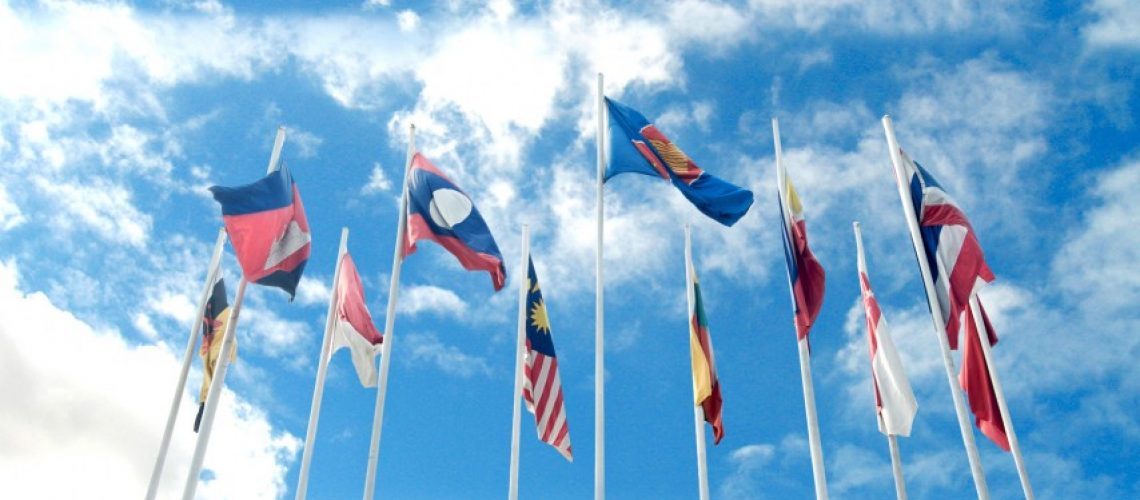1. A significant proportion of the world’s fishers come from the Association of Southeast Asia Nations (ASEAN) region. ASEAN Member States (AMS) are both Sending and Receiving States for migrant workers in fishing sectors. Cambodia, Myanmar, Indonesia, the Philippines, Thailand and Viet Nam are important sending states for migrant workers in these sectors, including fishers who are working on vessels flying the flag of a country other than their own nationality. In the context of the region’s rapid social and economic development, migrant fishers fill a substantial share of jobs in the fishing sector, considered by many states as essential workers due to their critical roles in sustaining livelihoods and food security.
2. Decent work and productive employment in the fishing sector is fundamental to ensuring effective fishing operations. Migrant fishers, are entitled to decent conditions of work. Migrant fishers in particular often endure the risk of forced labour and serious decent work deficits such as: accidents, disease, abusive and fraudulent recruitment and placement practices, isolation and abuse of vulnerability, abandonment, absence of a written fisher’s work agreement, underpayment and withholding of wages, retention of identity documents, blacklisting when asserting rights, violence and intimidation, illegal transfer of fishers at sea, excessively long working hours and other abusive working and living conditions. AMS committed to fight child labour and protecting migrant fishers who maybe under aged or subject to similar risk.
Download the full guidelines here.





